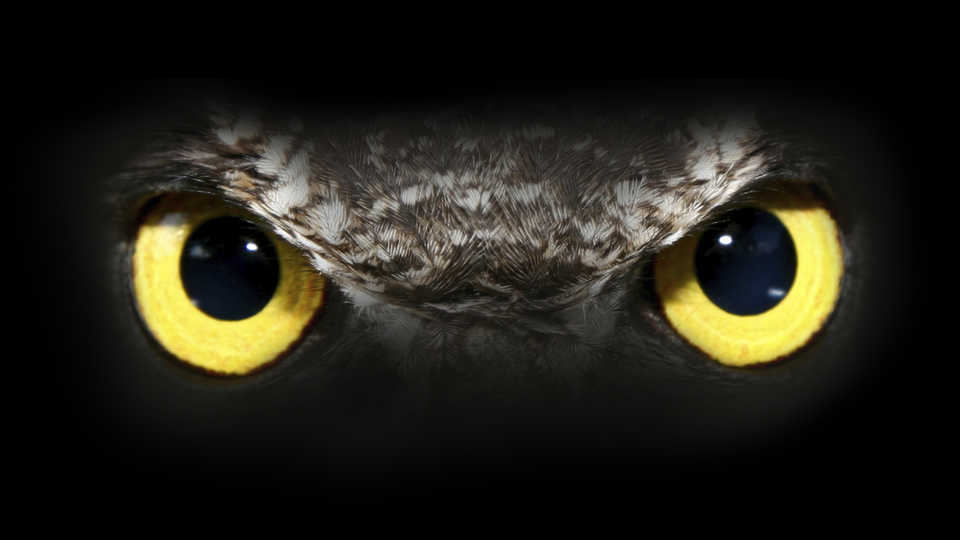Language is a beautiful, fluid thing. Each language has its own capability of expressing what no other language can, which makes it special. However, languages also adopt each other, and there’s probably no other language that borrows more words than English. Without further ado, check out these everyday English words borrowed from other languages!
1) Nocturnal
Derived from Latin, “nocturnal” means done, occurring, or active at night. Similarly, its original Latin word “nox” or “noct” means night.

2) Aficionado
Roughly meaning “an enthusiastic expert”, “aficionado” came from Spanish origins. In Spanish, aficionar is “to inspire affection”, and aficionado is simply the past participle of the verb.

3) Karaoke
Not only is “karaoke” a Japanese word, but it is also a Japanese form of entertainment. Meaning “an empty orchestra”, karaoke is now a major form of entertainment worldwide, in which people sing their lungs out screaming into a mic, not unlike rock stars.

4) Rucksack
This is a pretty straightforward combination of two German words: Rücken and Sack, which mean “back” and “bag/sack” respectively.

5) Krill
Krill, “small, shrimp-like planktonic crustacean”, hails from Norway, which means “small fish fry”. Close enough.

6) Anonymous
When you don’t want people to know your identity, you remain anonymous. But who knew that this word is actually Greek, from anōnumos, which literally means “nameless”?

7) Lemon
Lemon comes from the word līmūn, which is Arabic. Very simply, it means “a yellow citrus fruit”. Fair enough to describe a lemon, I suppose.

8) Companion
This word has slightly complicated origins, being taken from Spanish and French with a Latin root. Anyway, its earliest definition was “one with whom you would eat bread”. Well, I’m glad that now a companion can do more than just eat bread with you!

9) Meerkat
To be exact, “meerkat” comes from South African Dutch, which literally means “sea cat”. But meerkats don’t live in or even near the sea, which makes it just a little bit confusing.

10) Sherbet
As far as language experts could trace, the word comes from Arabic šariba, to drink. But from there it splits into two: it could either be from the Turkish word şerbet, or the Persian word šerbet, which are close enough anyway.

11) Slogan
Now used in advertising for a variety of purposes, “slogan” comes from Scottish Gaelic sluagh-ghairm, which means “army shout”, or battle cry. I guess battle cry could work in modern definitions as well…

12) Ketchup
I’m Chinese and I didn’t know “ketchup” was from the Chinese/Hokkien language. According to historical sources, “ketchup” was a type of sauce made of pickled fish and spices called kê-chiap in the Amoy dialect. Ketchup today is tomato sauce though, so I don’t know how that came to be.

13) Paparazzi
Paparazzi is the plural form of Italian word paparazzo, which is “a photographer who takes pictures of celebrities and then sells them”. Same meaning in both languages.

14) Entrepreneur
“Entrepreneur” comes from the French verb entreprendre, which means “to undertake”. Eventually the verb was transformed into a noun, giving way to its English meaning “someone who undertook a business venture”.

15) Loot
“Loot” has Sanskrit roots: luṇṭh meaning “rob”. Nowadays, it refers to stolen goods, so it was transformed from a verb to a noun as well.

This was an educational “trip”! There are countless other English words that are “borrowed”, but these are a few of our favourites. If you have a favourite “borrowed” English word, share it with us in the comments below! We would love to hear from you.
https://www.facebook.com/tallypressmy/
















